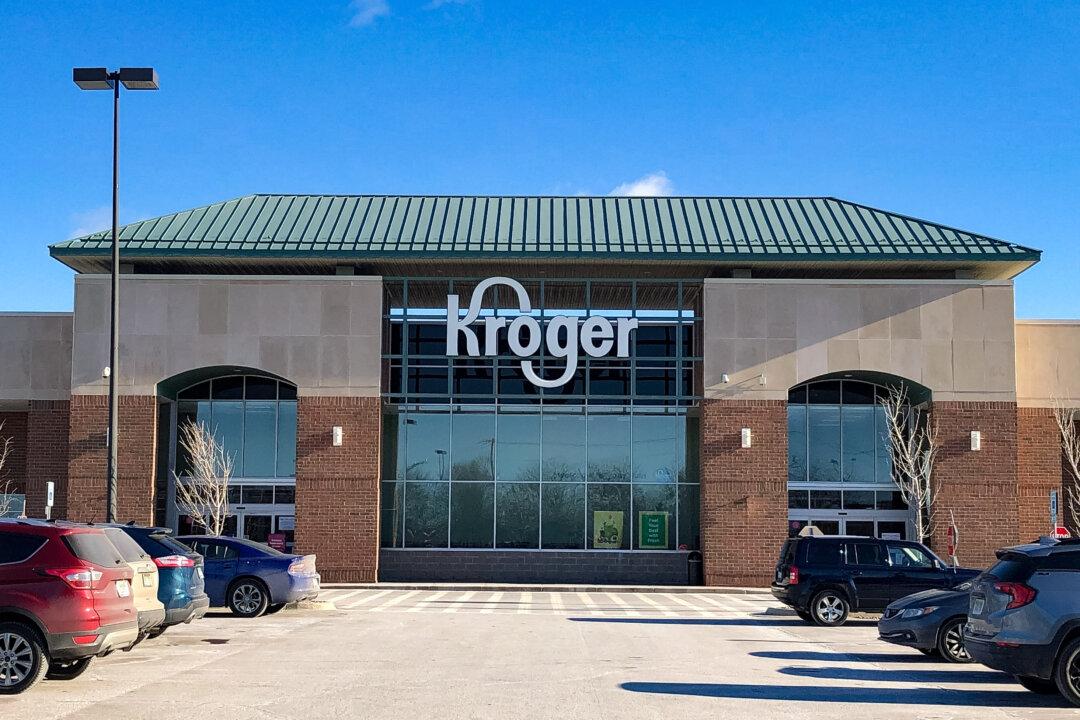A bipartisan coalition of 30 attorneys general has announced a $1.37 billion settlement agreement with the grocery store chain Kroger for its alleged role in contributing to the opioid crisis.
On Nov. 4, Tennessee Attorney General Jonathan Skrmetti said the state will receive up to $42.9 million for “opioid abatement”—including programs to prevent opioid abuse—from Kroger, which operates 116 stores in the state.





